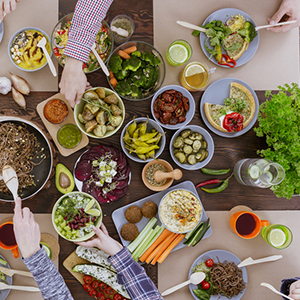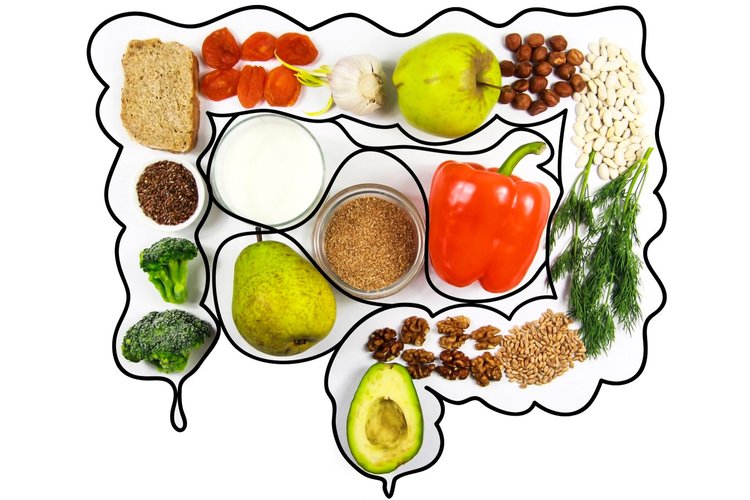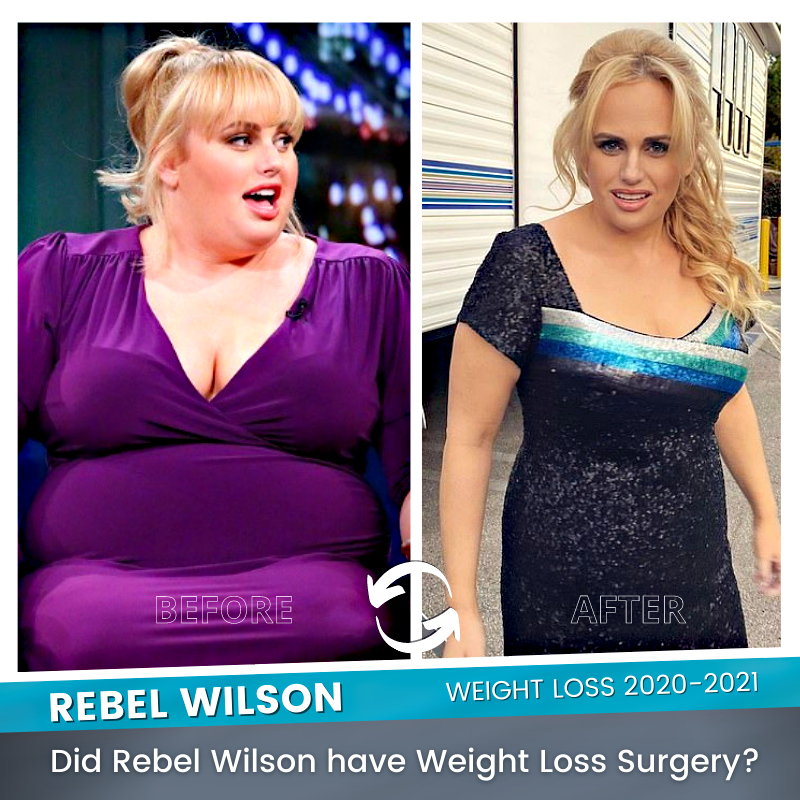These 7 mistakes are critical.
I can confidently say you will not find this detailed guide elsewhere because it distills years of experience and research into actionable advice for new vegans. Avoid these pitfalls, and you’ll be well on your way to achieving a healthy and balanced vegan diet.
Adopting a vegan diet is a commendable decision for your health, the environment, and animal welfare. However, transitioning to a vegan lifestyle can be challenging, especially when it comes to planning a well-balanced diet. Here, we’ll explore the top seven mistakes new vegans make when planning their diet and how to avoid them to ensure a successful and nutritious vegan journey.
1. Neglecting Protein Intake
One of the most common mistakes new vegans make is not getting enough protein. Protein is essential for muscle repair, immune function, and overall health.
Why It’s a Mistake:
• Muscle Loss: Inadequate protein can lead to muscle loss and weakness.
• Fatigue: Low protein intake can cause fatigue and reduced endurance.
How to Avoid It:
• Incorporate Plant-Based Proteins: Include foods like lentils, chickpeas, tofu, tempeh, quinoa, and edamame in your diet.
• Diversify Protein Sources: Ensure you’re getting a variety of protein sources to meet your amino acid needs.
2. Overlooking Vitamin B12
Vitamin B12 is crucial for nerve function and the production of DNA and red blood cells. It’s naturally found in animal products, so vegans need to find alternative sources.
Why It’s a Mistake:
• Deficiency Risks: Without B12, you risk anemia, fatigue, and neurological issues.
• Long-Term Health Problems: Chronic deficiency can lead to severe health problems.
How to Avoid It:
• Supplements: Take a B12 supplement or a multivitamin that includes B12.
• Fortified Foods: Consume B12-fortified foods like plant-based milks, breakfast cereals, and nutritional yeast.
3. Not Getting Enough Omega-3 Fatty Acids
Omega-3 fatty acids are important for brain health, reducing inflammation, and supporting heart health. They are commonly found in fish, but vegans need plant-based sources.
Why It’s a Mistake:
• Inflammation: Lack of omega-3s can lead to increased inflammation in the body.
• Cognitive Health: Omega-3s are essential for maintaining brain function.
How to Avoid It:
• Flaxseeds and Chia Seeds: Include these in your diet for a good source of alpha-linolenic acid (ALA), a type of omega-3.
• Algal Oil Supplements: Consider taking algal oil supplements, which are a direct source of DHA and EPA, the active forms of omega-3s.
4. Relying Too Much on Processed Vegan Foods
While it’s tempting to rely on convenient processed vegan foods, these often lack essential nutrients and can be high in sodium and unhealthy fats.
Why It’s a Mistake:
• Nutrient Deficiency: Processed foods can lack important vitamins and minerals.
• Weight Gain: High in calories and unhealthy fats, processed foods can contribute to weight gain.
How to Avoid It:
• Whole Foods Focus: Base your diet on whole, unprocessed foods like fruits, vegetables, grains, nuts, and seeds.
• Read Labels: If you do choose processed options, read labels carefully and opt for products with minimal additives.
5. Ignoring Iron Intake
Iron is vital for oxygen transport in the blood, and plant-based iron sources are less easily absorbed by the body compared to animal sources.
Why It’s a Mistake:
• Anemia: Low iron intake can lead to anemia, causing fatigue and weakness.
• Impaired Cognitive Function: Iron deficiency can affect cognitive performance.
How to Avoid It:
• Iron-Rich Foods: Include lentils, chickpeas, tofu, quinoa, spinach, and fortified cereals in your diet.
• Vitamin C: Pair iron-rich foods with vitamin C sources like citrus fruits, bell peppers, and broccoli to enhance absorption.
6. Not Eating Enough Calories
Transitioning to a vegan diet often means eating less calorie-dense foods, which can lead to unintentional weight loss and nutrient deficiencies.
Why It’s a Mistake:
• Weight Loss: Not consuming enough calories can lead to unwanted weight loss.
• Energy Levels: Low calorie intake can cause fatigue and decreased energy.
How to Avoid It:
• Calorie-Dense Foods: Include calorie-dense foods like nuts, seeds, avocados, and whole grains in your meals.
• Frequent Meals: Eat more frequent meals and snacks to meet your calorie needs.
7. Skipping Meal Planning
Without proper meal planning, it’s easy to fall into the trap of eating the same meals repeatedly, leading to nutrient deficiencies and boredom.
Why It’s a Mistake:
• Nutrient Gaps: Skipping meal planning can result in missing essential nutrients.
• Dietary Boredom: Lack of variety can make it difficult to stick to a vegan diet.
How to Avoid It:
• Plan Ahead: Create a weekly meal plan that includes a variety of foods and nutrients.
• Explore Recipes: Try new vegan recipes regularly to keep your diet exciting and nutritious.
The Importance of Avoiding These Mistakes
Avoiding these common mistakes can make a significant difference in your vegan journey. Proper planning, diverse food choices, and attention to key nutrients are essential for a balanced and healthy vegan diet. By avoiding pitfalls like neglecting protein, B12, and omega-3 intake, and steering clear of processed foods, you can ensure your vegan diet supports your health and wellness goals.
Final Thoughts
Transitioning to a vegan diet can be a rewarding and healthful choice, but it requires careful planning and attention to detail. By avoiding these seven common mistakes, you’ll set yourself up for success and ensure your diet is balanced and nutritious. Remember, the key to a successful vegan diet is variety, balance, and proper supplementation. Plan your meals thoughtfully, keep things varied, and don’t be afraid to seek guidance from a nutritionist if needed. Your future self will thank you for the effort you put in today.
So, if you’re ready to embrace a vegan lifestyle, keep these tips in mind and start planning your meals with confidence. You’re on your way to a healthier, more compassionate lifestyle.





